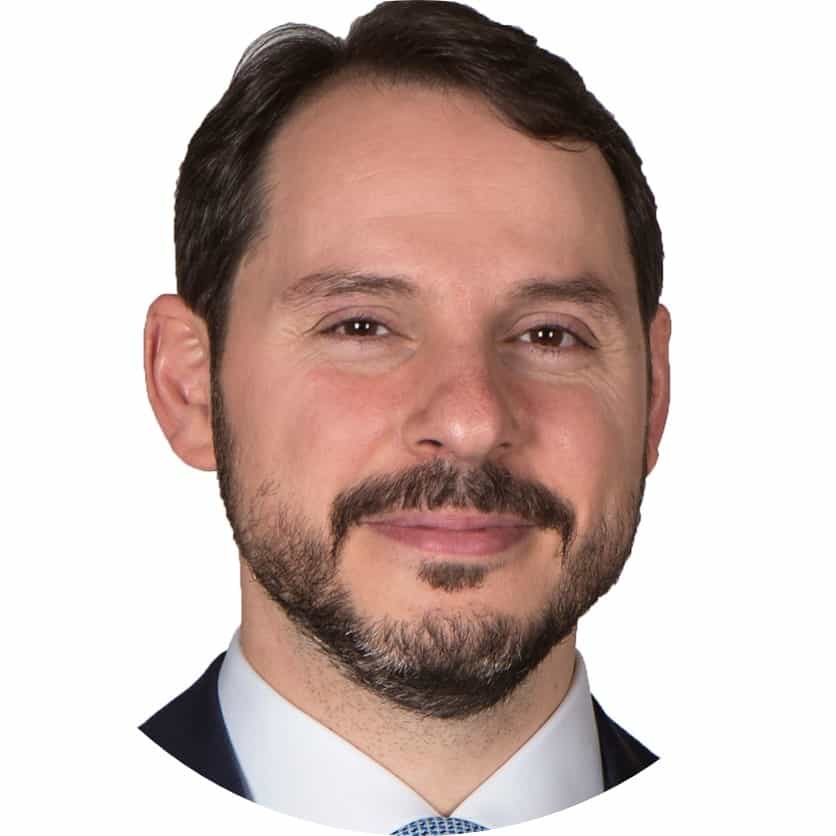
What can the G20 do to support tax systems for just and resilient societies?
Just and resilient societies depend on an adequate public funding base to provide important public goods, such as health care and education. The COVID-19 pandemic crisis has put a stark spotlight on this: Strong public health systems are an important pre-requisite for successfully dealing with the medical consequences of the pandemic, and fiscal stimulus packages will play an important role in stabilising economies.
However, in recent years there has been an erosion of the public funding base in many countries, as the globalisation and digitalisation of value creation was accompanied by profit shifting and tax avoidance. What can the G20 do to support tax systems for just and resilient societies? Will the OECD led initiative on Base Erosion and Profit Shifting come to a successful conclusion in 2020, as envisaged by G20 leaders? How can progressive wealth taxes contribute to more equitable societies?
Keynotes
Global minimum taxation and the international solution for taxation of the digital economy
Keynote
You are currently viewing a placeholder content from Youtube. To access the actual content, click the button below. Please note that doing so will share data with third-party providers.
More InformationKeynote
You are currently viewing a placeholder content from Youtube. To access the actual content, click the button below. Please note that doing so will share data with third-party providers.
More Information
Olaf Scholz
German Vice-Chancellor & Federal Minister of Finance

Berat Albayrak
Turkish Minister of Treasury and Finance
Friedrich-Ebert-Stiftung Panel
Fighting inequality through progressive taxation
You are currently viewing a placeholder content from Youtube. To access the actual content, click the button below. Please note that doing so will share data with third-party providers.
More InformationGlobal income and wealth inequality have increased dramatically in the last decade. Public money for acutely needed action on social and environmental problems is missing. The excessive wealth concentration erodes our societies’ social contracts and challenges the independence of democratic institutions. Calls for progressive taxation are getting louder to make the rich pay their fair share. But even in states with a progressive income tax, billionaires may pay very little taxes because they channel their assets in ways that reduces their taxable income. How could this be avoided? Would a progressive wealth tax solve the problem? How would it lead to a redistribution of wealth to middle class and lower income groups? How could it help to fund a social-ecological transformation? What measures against tax evasion and tax avoidance are necessary to ensure that rich individuals or Multinational Corporations do not hide their money in assets that are subject to tax exemptions, tax havens or in foreign financial institutions? How does the ongoing reform process of the international tax system reflect on these questions?

Norbert Walter-Borjans
Party Chairman, Social Democratic Party of Germany (SPD)

Jayati Ghosh
ICRICT, India

Chidi King
International Trade Union Confederation

Wayne Swan
Australian Labor Party

Moderator: Carolin Roth
CNBC
Policy Recommendations, Policy Briefs and Articles
Policy Briefs on International Financial Architecture
Policy Briefs contain recommendations and visions and cover policy ares that are of interest to G20 policymakers. The majority of the Policy Briefs has been developed by a corresponding T20 Task Force.
T20 Recommendations Report: International Financial Architecture for Stability and Development
Compiled by Dennis Görlich (IfW Kiel), Katharina Lima de Miranda (IfW Kiel) and Juliane Stein-Zalai (IfW Kiel)A Coordinated, Unlimited and Flexible Insurance Policy to Respond to the Pandemic
By Gonzalo García-Andrés (Elcano Royal Institute)
Supply and Demand Shocks in the COVID-19 Pandemic: An Industry and Occupation Perspective
By Anton Pichler, François Lafond, J. Doyne Farmer, R. Maria del Rio-Chanona, Penny Mealy (University of Oxford – Institute for New Economic Thinking)
Realizing the low-carbon future – Global Solutions Journal
Green finance in emerging markets – Global Solutions Journal
Vas-Y: Public-privatepartnership model for unlocking private investment for fragile states – Global Solutions Journal
This is what the economic fallout from coronavirus could look like
By Nouriel Roubini (Stern School of Business)
The economic, political and moral case for a European fiscal policy response to COVID-19
By Thorsten Beck (Cass Business School)
The Greater Trade Collapse of 2020: Learnings from the 2008-09 Great Trade Collapse
By Richard Baldwin (Graduate Institute Geneva)
Monetary Policies Strategies and the COVID-19 Crisis
Franco Bruni (ISPI), José Siaba Serrate (CARI)
Digital Money Is Here: G20 (‘s Thinking) Has To Go Digital, Too
José Siaba Serrate (Consejo Argentino para las Relaciones Internacionales – CARI), Claude Lopez (Milken Institute), Halit Unver Sergey Drobyshevsky (Gaidar Institute for Economic Policy), Pavel Trunin (Gaidar Institute for Economic Policy)
COVID-19 and global capital flows
OECD Policy Responses to Coronavirus (COVID-19)

